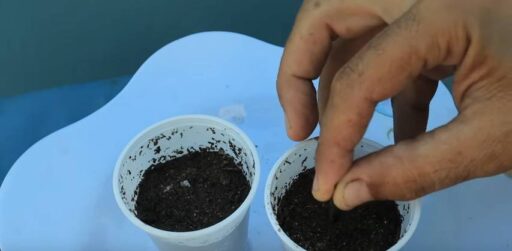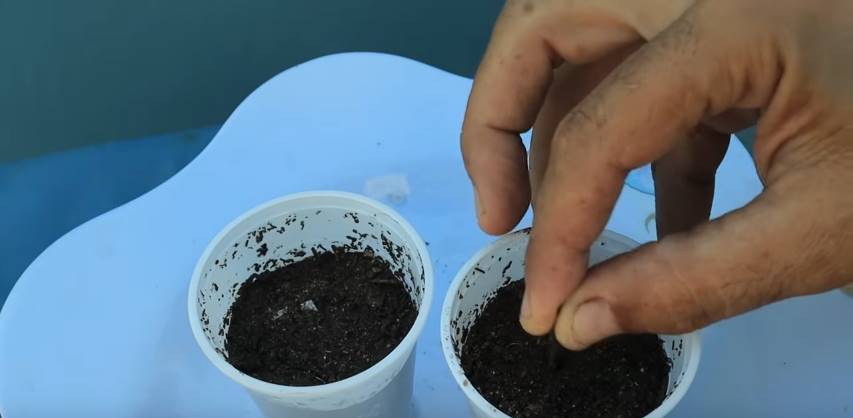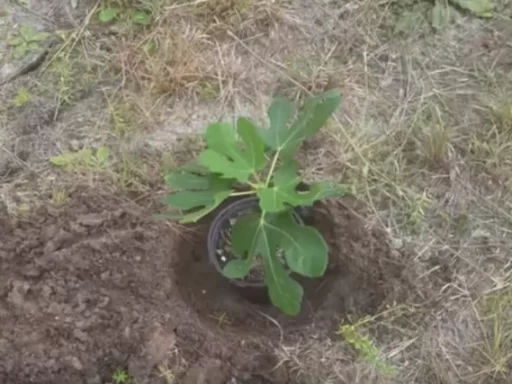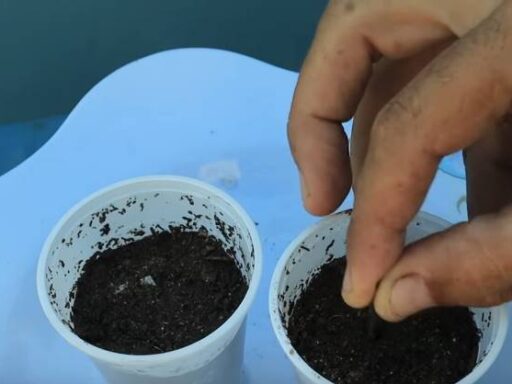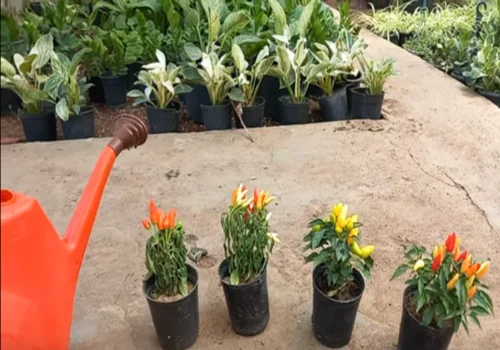Sulfur is a vital element in agriculture that many people may not fully understand. Despite being essential for healthy plant growth, it often goes unnoticed by many farmers and gardening enthusiasts. Recently, I have noticed that many individuals face issues related to plants, fertilization, soil, pests, and fungal infections. These problems can ruin a lot of hard work, causing crops to fail. In this article, we’ll dive into the significance of sulfur, its role in plant health, and how it can prevent common issues.
Why Sulfur is Essential for Plant Growth
Sulfur is one of the most important nutrients for plants, second only to nitrogen. It plays a crucial role in ensuring plants grow well, and distinguishing between nitrogen and sulfur deficiency can be difficult, even for experienced gardeners. Sulfur is essential for several reasons:
- Soil Health and Disease Prevention: Sulfur acts as a soil conditioner and disinfectant, eliminating harmful fungi and pests. This is especially helpful for common vegetables like tomatoes, zucchini, and melons, which can be prone to fungal diseases.
- Soil pH Regulation: Sulfur helps balance soil alkalinity, providing a better environment for plant roots to absorb nutrients. This makes sulfur particularly useful in soils with high acidity or alkalinity.
- Pest Control: Sulfur works as a natural pesticide, effectively preventing the spread of insects and fungal infections that often target garden plants and crops.
- Improving Crop Yield: By enhancing soil health, sulfur improves the overall yield of crops. Plants treated with sulfur tend to grow stronger and produce more fruits and vegetables, providing better results for the gardener.
Easy Availability and Affordability
One of the best things about sulfur is that it’s widely available and affordable. You can easily find sulfur at agricultural supply stores or online retailers like Amazon. It is also safe for human health, so there’s no need to worry about any harmful side effects when handling or consuming plants treated with sulfur.
How to Use Sulfur in Your Garden
Using sulfur is simple. Before planting any crops, whether ornamental plants, vegetables, or trees, you can mix sulfur into the soil. This application serves both as a soil conditioner and as a disinfectant. The process is the same whether you are planting directly into the ground or using pots.
If your plants are already in the ground, you can still apply sulfur. It helps resolve issues related to soil pH and can even be beneficial when used in higher quantities. It works particularly well with short-term crops such as potatoes, garlic, onions, cucumbers, and squash. You don’t need to worry about over-application, as sulfur will not harm your plants.
Benefits for Flowering Plants
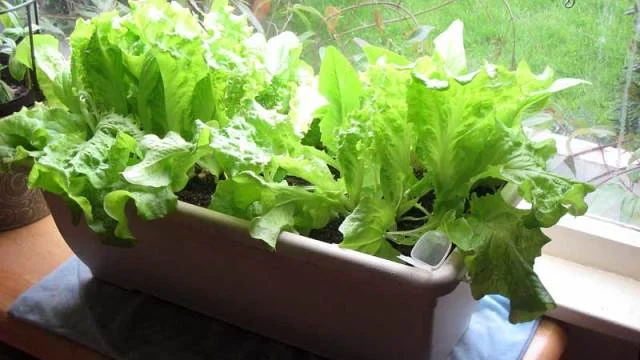
Sulfur does not have any negative impact on flowering plants. In fact, it helps promote healthy growth and does not cause flowers to fall off. This is especially important for plants like tomatoes, as sulfur helps them ripen faster. Since sulfur is a non-systemic element, it does not penetrate the plant’s sap, making it safe to consume produce shortly after sulfur application. Simply wash the fruits or vegetables before eating them.
Summary
Sulfur is an invaluable tool for gardeners and farmers alike. It is essential for plant growth, helps regulate soil pH, prevents diseases, and improves overall crop yield. Furthermore, it is affordable, easy to find, and safe for both humans and plants. Whether you’re a beginner or an experienced gardener, sulfur should be a staple in your gardening toolkit.
Frequently Asked Questions
- Why is sulfur important for plants?
Sulfur helps with plant growth, disease prevention, and soil pH balance, making it crucial for healthy crops. - Can sulfur be used on all types of plants?
Yes, sulfur can be used on vegetables, ornamental plants, and even trees. It benefits a wide range of crops. - How often should I apply sulfur to my garden?
You can apply sulfur before planting and periodically throughout the growing season if needed. - Is sulfur safe for human health?
Yes, sulfur is non-toxic and does not pose any health risks when used properly. - Where can I buy sulfur?
Sulfur is available in agricultural supply stores and online retailers like Amazon. - Will sulfur affect my plant’s flowers?
No, sulfur does not harm flowers or cause them to fall off. It can actually help improve flower growth. - Can I over-apply sulfur to my soil?
Sulfur is generally safe, and even if you use more than necessary, it will not harm your plants.

